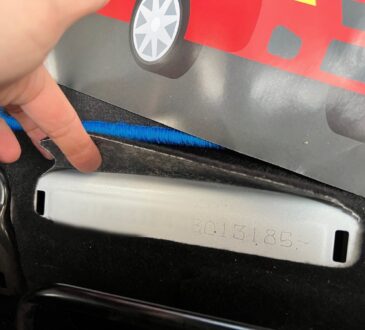
They are the sole folks that can execute Writs of Control. These HCEO are very experienced and well-qualified people that have A level 4 diploma in supreme court Enforcement and have served an appropriate apprenticeship demonstrating their skills before having the ability to use to be authorized to execute judgments and transfer cases up to the supreme court by the Lord Chancellor.
There are about 46 supreme court Enforcement Officers in England and Wales currently. an inventory is out there from the supreme court Enforcement Officers Association
High Court Enforcement Officer sit between members of the general public and therefore the Certificated Enforcement Agents (Bailiffs) that they employ or authorize.
Some HCEO’s authorize other companies to act within their name but at our company, we have an HCEO on our board of directors who works in the business directly supervising our team.
High Court Enforcement Officers delegate their powers to the enforcement team’s Certificated Enforcement Agents (Bailiffs) who can then execute writs of control under the authority of the supreme court Enforcement Officer.
Enforcement Agents (Bailiffs) How do they work?
They are all Certificated by a court. to realize this Enforcement Agents got to be trained to a minimum of A level 2 grade in Taking Control of products and gain a qualification, undergo continuous professional development (CPD), be DBS checked, checked for CCJs, insolvency, interviewed and authorized by a judge. This process is named Certification and has got to be repeated every two years.
They work for personal companies that are either owned by or authorized by an HCEO. a number of the Certificated Enforcement Agents (Bailiffs) are self-employed and a few are directly employed. they’re going to always be incentivized by the quantity they collect and thus are invested in the recovery of your money as this is often the private sector.
The average time taken to report back – to the conclusion is around 40 days. However, we offer staged reports from day 1 at each significant change within the case. we might aim to try to do the primary visit to the debtor/defendant as soon as possible after receiving the writ.
You can either: use the County Court Bailiff via money claim online or the issuing court or use a supreme court Enforcement Officer.
The quickest most cost-effective alternative is to use a supreme court Enforcement Officer.
This is done by having your case transferred up from the County Court where you obtained your Judgment to the supreme court for enforcement by a supreme court Enforcement Officer and their private bailiffs (Enforcement Agents). Most supreme court Enforcement Officers will assist or assist you do this free of charge.
They are Civil servants who work directly as employees of the Ministry of Justice. they’re based at an area county court. There are usually 1 or 2 attached to every court and report via a manager to the district judge





